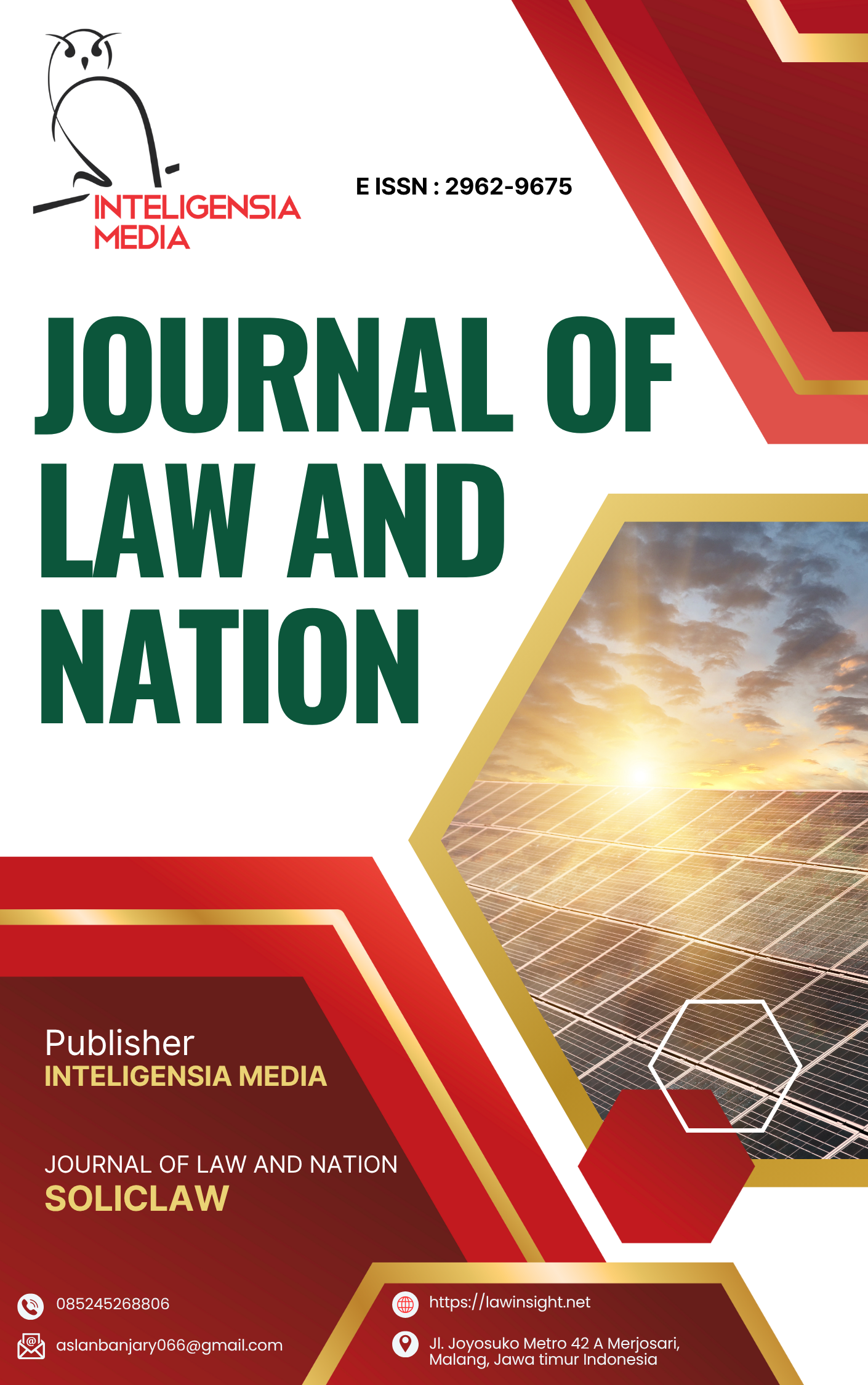ANALISIS EFISIENSI ANGGARAN INPRES NOMOR I TAHUN 2025 TENTANG EFISIENSI BELANJA DALAM PELAKSANAAN ANGGARAN PENDAPATAN DAN BELANJA NEGARA DAN ANGGARAN PENDAPATAN DAN BELANJA DAERAH TAHUN ANGGARAN 2025 DI LINGKUNGAN PEMERINTAH DAERAH (Studi Penelitian Sekretariat DPRD Kota Binjai)
Keywords:
Budget Efficiency, Presidential Instruction No. 1 of 2025, Binjai City DPRD SecretariatAbstract
This research aims to analyze the implementation of Presidential Instruction Number 1 of 2025 concerning spending efficiency in the implementation of the State Revenue and Expenditure Budget (APBN) and Regional Revenue and Expenditure Budget (APBD) in the regional government environment, with a case study at the Binjai City DPRD Secretariat. The approach used is descriptive qualitative, through in-depth interview techniques, document study and non-participatory observation. The research results show that the implementation of budget efficiency is still administrative in nature and not fully based on measurable performance. Spending cuts have been carried out in general, especially on operational activities such as official travel and ceremonies, but have not been accompanied by institutional reform and increasing human resource capacity. The research also found that understanding of the substance of the Presidential Instruction is still low at the technical implementation level, as well as minimal internal control and public participation in the budget evaluation process. Even though there was a budget reduction of up to 50% compared to the previous year, there was no direct correlation with an increase in the effectiveness of the functioning of the legislative institution. This research concludes that budget efficiency does not only require savings, but the transformation of results-based budget governance and increased regional fiscal accountability. It is hoped that the results of this research can become a policy reference and improve budgeting mechanisms that are more responsive, accountable and efficient in the local government environment.
References
Ayu, P., Fransiska, E., & Dewi, F. F. S. (2024). Efisiensi Alokasi Anggaran di Era Desentralisasi: Tantangan dan Peluang Pemerintah dalam Sektor Kesehatan. ResearchGate. https://www.researchgate.net/publication/390802329
Basri, Y. M., & Zenita, V. (2021). Tekanan eksternal, faktor politik, pengendalian internal dan gaya kepemimpinan dalam meningkatkan transparansi pelaporan keuangan pemerintah daerah. Kajian Akuntansi. https://doi.org/10.13140/RG.2.2.27191.42409.
Fransiska, E., Dewi, F., & Ayu, P. (2025). Implementasi Inpres No. 1 Tahun 2025: Antara regulasi dan realisasi fiskal daerah. Jurnal Kebijakan Fiskal Daerah, 8(1), 12–24. https://doi.org/10.13140/RG.2.2.24044.31366.
Miles, M. B., Huberman, A. M., & Saldaña, J. (2014). Qualitative data analysis: A methods sourcebook (3rd ed.). Sage Publications.
Ridho, M. R. Z., & Wardiyanto, B. (2024). Policy entrepreneur dalam administrasi negara: Strategi transformasi ASN di era efisiensi fiskal. Jurnal Administrasi Publik Digital, 7(2), 122–137. https://doi.org/10.13140/RG.2.2.27350.56644.
Subhan, A. (2017). Pelaksanaan transparansi pemerintahan daerah dalam perspektif jaringan: Studi tentang penyediaan informasi anggaran melalui website pemerintah Provinsi Jambi. ResearchGate. https://www.researchgate.net/publication/324716591.
Sugiyono. (2022). Metode penelitian kualitatif, kuantitatif dan R&D. Bandung: Alfabeta.










